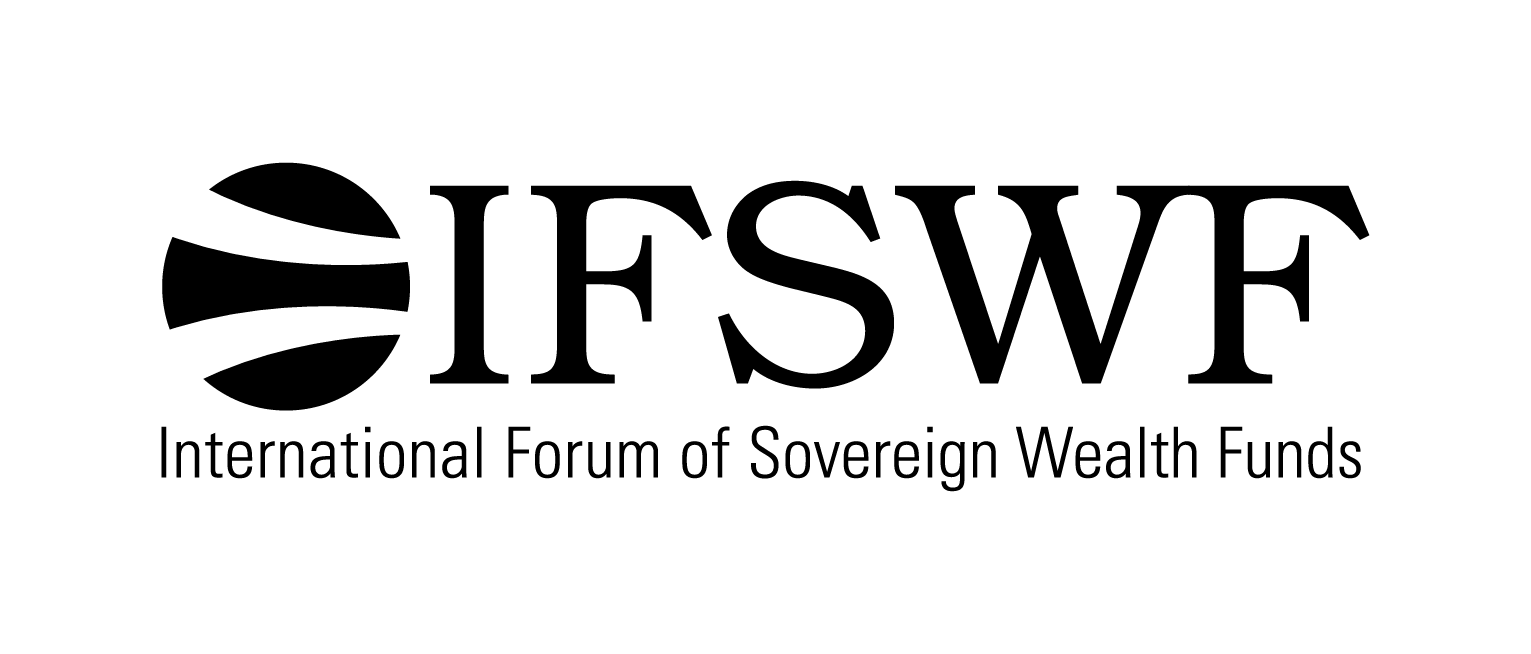A key theme that IFSWF members have been exploring in 2024 is the increasing amount of uncertainty in the world and how it affects the risks in their portfolios and the investment opportunities available to them. Recently, we held an online discussion between Fulcrum Asset Management, the New Zealand Superannuation Fund and Prof Alex Michaelides from Imperial College Business School on how the post-COVID-19 world is shaping asset allocation.
The basis for the conversation was that, since the macroeconomic shock of the COVID-19 pandemic, traditional strategic asset allocation models for long-term investors have been called into question, given the increased correlations observed between asset classes, which has significantly challenged the expected risk and return characteristics of traditionally constructed portfolios.
Instead, the webinar discussed the benefits and challenges of adopting a total portfolio approach (TPA) to asset allocation, which integrates macroeconomic analysis and factor exposures into the asset allocation process and may help account for how macroeconomic shocks relating to demand, monetary policy, or supply can influence returns across asset classes in an environment that, they argued, shares more similarities with the 1970s and 80s than the first twenty years of the 2000s, which were dominated by demand fluctuations.
The discussion also covered the fact that today, sovereign wealth funds can leverage artificial intelligence tools to navigate this more challenging investment environment. New generative AI tools that glean insights from the vast quantities of available unstructured data are powerful enablers for investors. They can identify changes in macro signals and structural regime shifts that can provide an advantage as investors look to identify sources of alpha. These techniques can also help them swiftly recalibrate and construct an optimal portfolio as they follow more dynamic asset allocation strategies. However, as we heard in an earlier member webinar this year, generative AI (as opposed to predictive AI, which has been used for some time across the asset management industry to analyse structured data) can be challenging for sovereign wealth funds to adopt due to data leakage or security concerns, the risk that AI “hallucinations” are not identified, and the lack of international regulation around this fast-moving technology.
While implementing dynamic TPA strategies may theoretically be preferable to more traditional strategic asset allocation models, the panellists agreed that TPA implementation requires significant change management efforts, which can be exceptionally challenging. To adopt the approach, sovereign wealth funds need to overhaul their investment decision-making mindset. The transition may require hiring different people and skills, specifically managers with a broader, more multi-asset mindset that can develop a good understanding of the macro environment. The governance and decision-making structures also need to be nimble to enable the investor to make swift decisions and redirect capital as required.
Moreover, in the real world, an institutional investor cannot quickly switch between asset classes due to the illiquidity of private-market assets, even taking AI into account. For many sovereign wealth funds, their long-term investment horizon is an advantage. It allows them to take on illiquidity risk that other market participants cannot, which allows them to benefit from a premium. Transaction costs in these markets may then dwarf the financial benefits of the TPA approach, so sovereign wealth funds need to adapt the TPA to the degree of illiquidity in their portfolios and understand how they can respond with the liquid part to changes in investment opportunities.
In short, in the current investment climate, sovereign wealth funds will need to reconsider their asset allocation approach to account for the greater correlation between asset classes. However, they need to be aware of the challenges from the perspective of governance, tools, and skills, which will require significant investment in human capital and technology.

